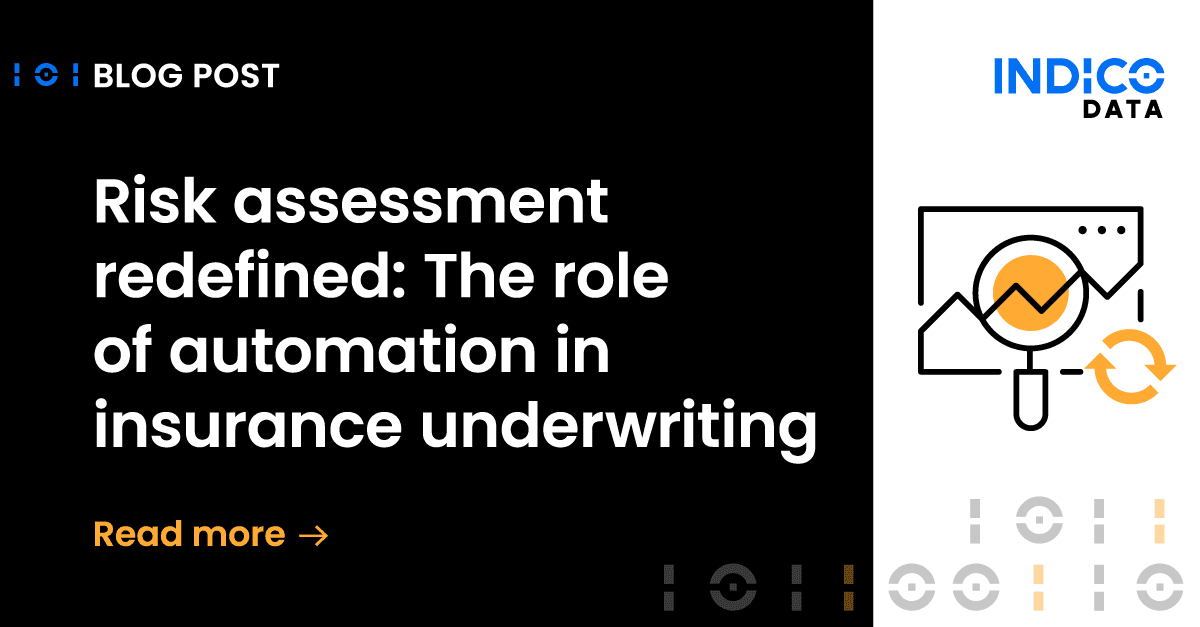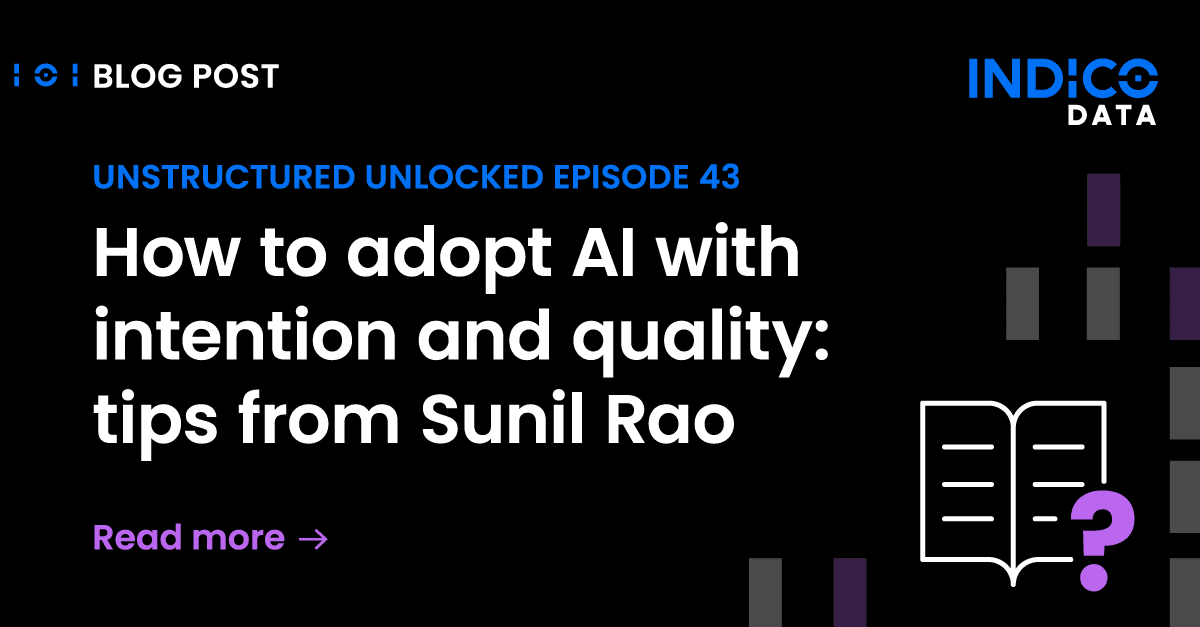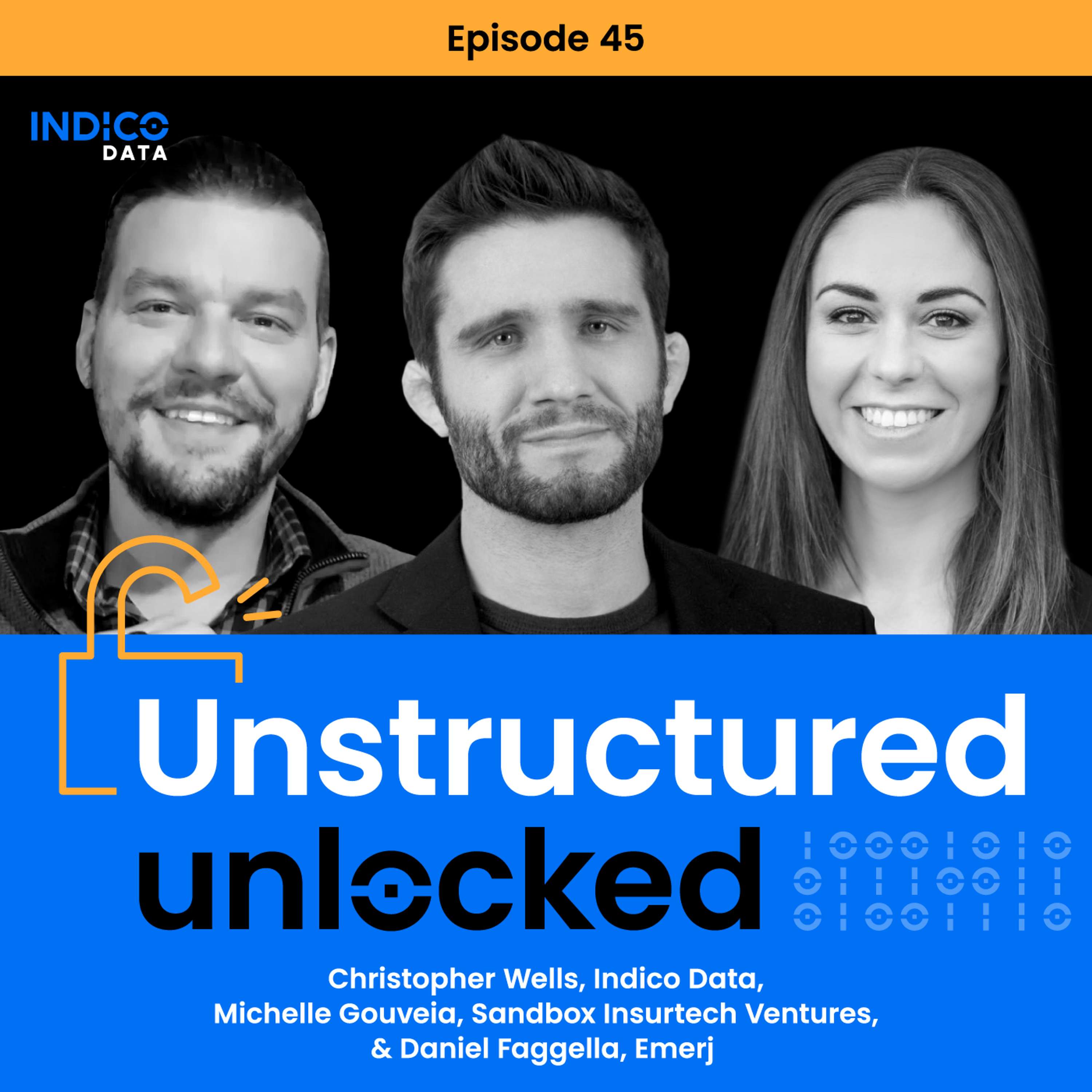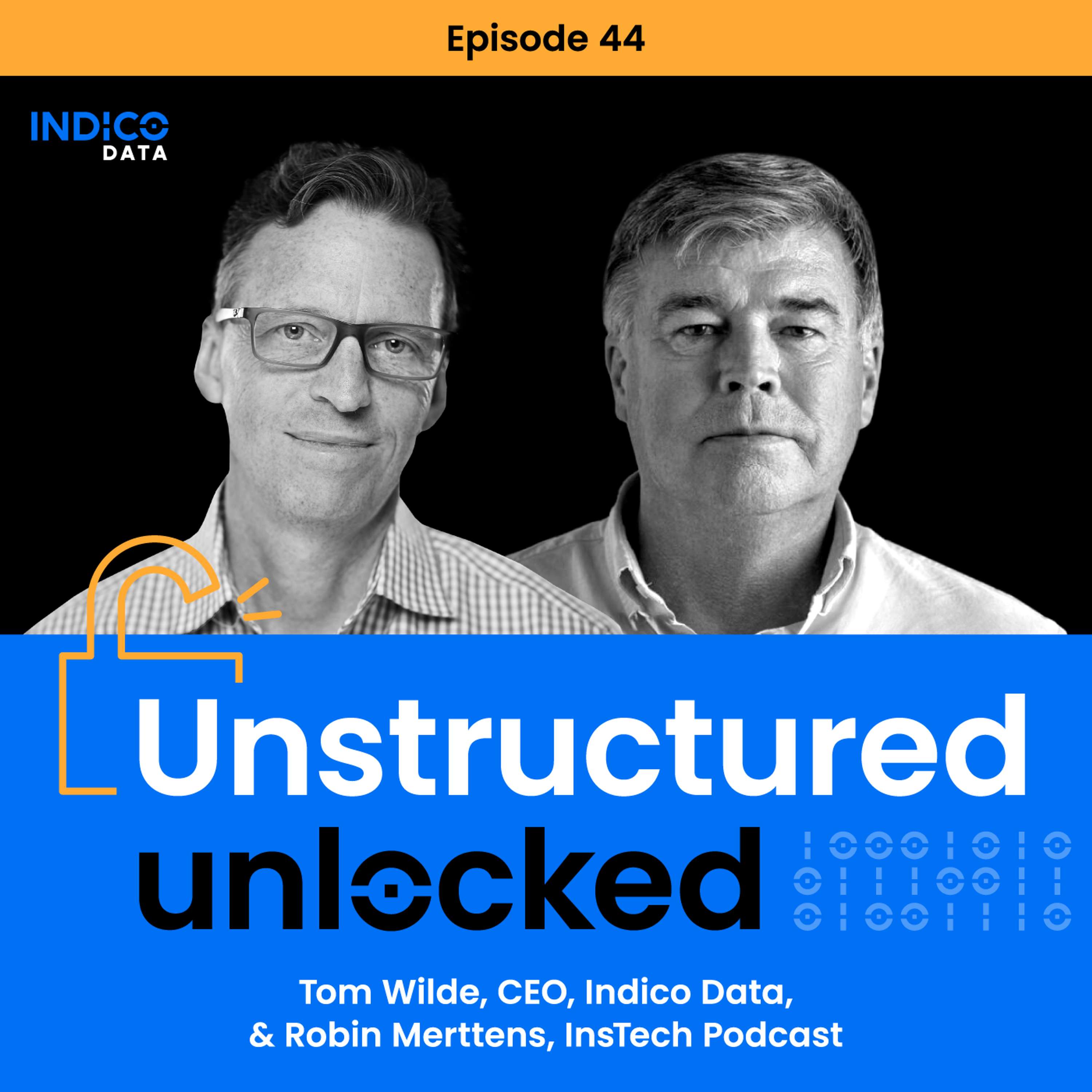Companies seeking to promote automation as part of their digital transformation efforts often run into a stark reality: they don’t have enough IT and/or data science employees to tackle all the use cases the business wants and needs. An emerging solution comes in low-code/no-code automation platforms that transform everyday employees into “citizen developers”.
Low-code platforms enable users to build applications without writing long, complex lines of code and scripts. Application developers generally use them to make their jobs easier, churning out code more quickly.
The market for low-code/no-code solutions is expected to grow from about $16 billion in 2021 to nearly $85 billion by 2027, at a more-than-healthy compound annual growth rate of 31.9%.
That kind of growth is understandable when considering the various benefits of low-code and, especially, no-code solutions. We see at least four big ones, as follows.
Reduce development complexity
Consider the task of automating a process involving unstructured documents. The traditional method of doing so would require an employee who understands the process well to explain requirements to someone on the IT side of the house, potentially including one or more data scientists.
IT then builds the application to the best of its ability and returns it to the business side for testing. Maybe it delivers 50% or 75% of the function the business requires. Back to development, it goes round and round until the application finally gets at least close to living up to its promise – or the dev team gives up.
Related Content: 3 Reasons Citizen Developers are Crucial to Digital Transformation Efforts
With a no-code Intelligent Process Automation solution like ours, that back-and-forth goes away. Instead, the employees who perform the process use the platform to build automation applications. Say an insurance company wants to automate claims processing. One or more employees involved in processing claims would use our intelligent automation for insurance solution to label maybe 200 of the actual documents involved – adjuster’s notes, photos, estimates, and the like – noting the types of information to extract.
No data scientists required
Giving these citizen developers (also known as citizen data scientists) the ability to create automation models means there’s no need for actual data scientists or IT folks of any kind to be involved. Previously, a small army of data scientists is required to build custom machine learning models to automate various processes. Having employees involved in the process create the models is far more efficient and less costly. What’s more, it dramatically reduces the amount of time required to build effective automation models.
Improving effectiveness and accuracy
Given it’s process experts who create automation models, the no-code approach also provides models far more accurate than what a data science team would likely develop. That’s not a knock on data scientists. It’s just a nod to the reality that important process steps can get lost or changed in the back and forth between the business and app dev teams. Nobody better understands the individual steps that need to occur in a given process than those who perform it today. If these same employees build automation models, the models will be more accurate and effective.
Increase scalability
Finally, using citizen developers means you can tackle more use cases in far less time vs. relying on IT and data science teams to create automation models. The approach brings scalability to your automation efforts, enabling your organization to address a broader scope of use cases in far less time than with traditional approaches.
Customers tell us that once business people see what intelligent automation can do, they are quick to use cases to apply in their business unit. It may be automating unstructured data processes or using our solution to pull data from unstructured documents and feed it to an analytics engine. That, in effect, unlocks business intelligence that was previously trapped simply because there was no practical way to extract data from unstructured documents.
Of course, not all no-code automation solutions are created equal. Our platform is built on a database of some 500,000 labeled data points, enough to understand the context of virtually any document or image. Artificial intelligence (AI) technologies, including machine learning, transfer learning, and natural language processing, give this solution the ability to apply that vast database to specific business problems – but without users having to understand anything about AI.
Ready to take Intelligent Automation for a test drive? Start Your Free Trial today.





